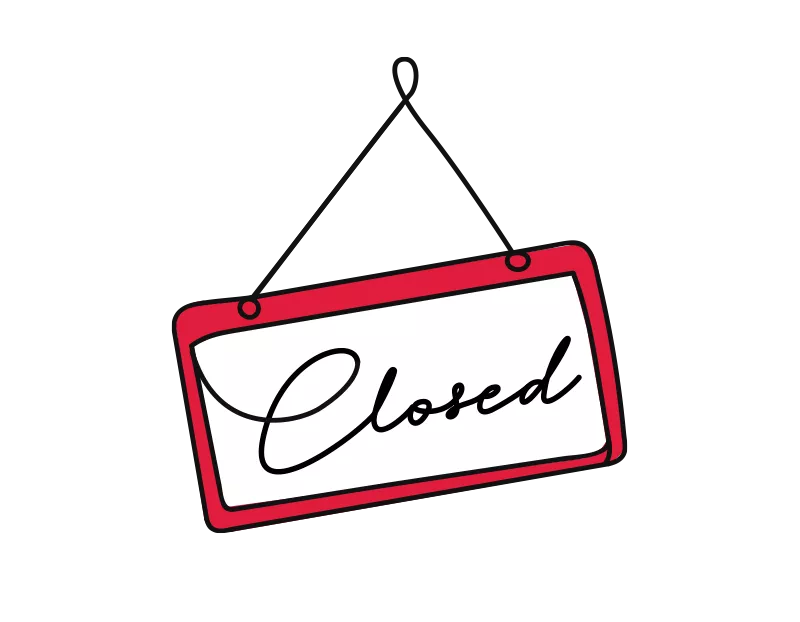Informal Arrangements
It may be possible to negotiate an informal settlement with creditors, which will restore a company to solvency. This clearly depends on individual circumstances and creditors will need to be offered more than they could reasonably expect to receive from a formal procedure.
Fixed Charge or Law of Property Act Receivership
This appointment is made by a mortgagee who holds a fixed charge over an asset of the company. The Receiver is appointed to realise a specific asset for the benefit of the charge holder to repay its debt.








